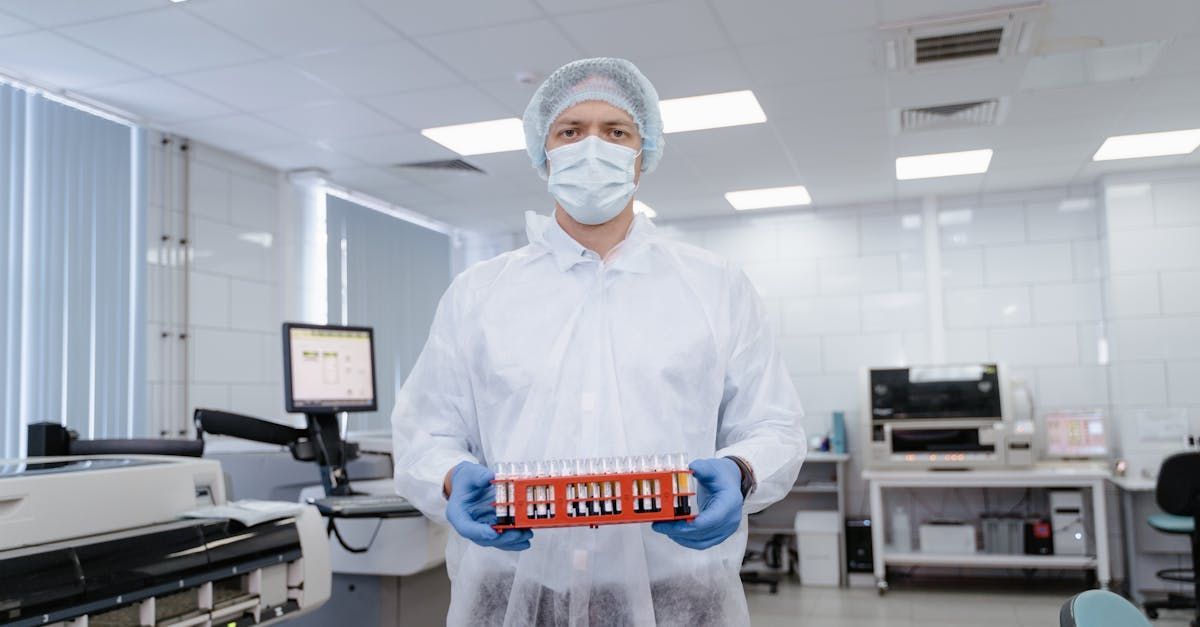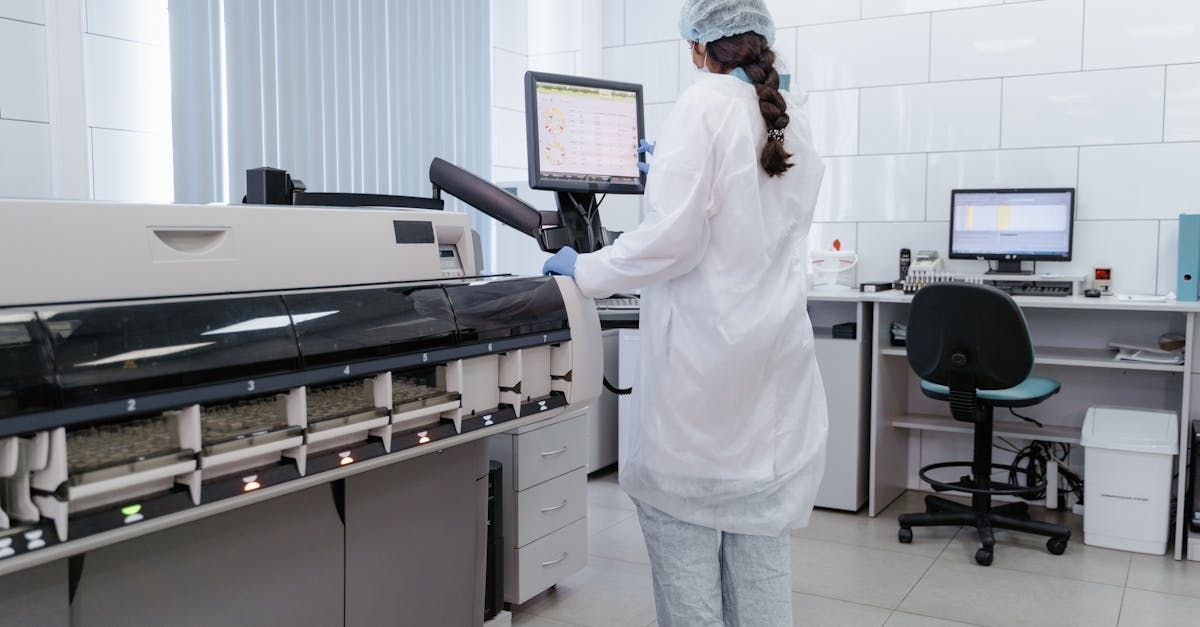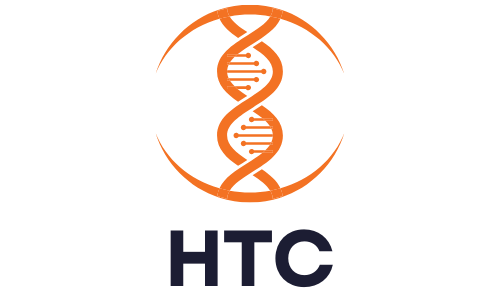Notable Labs Revolutionizing Precision Medicine
Thesis Statement
Notable Labs’ state-of-the-art diagnostic technology, with its 95% prediction accuracy as reported in a Stanford study, has the potential to markedly transform the treatment of pediatric leukemia, pinpointing efficacious therapies and saving lives.
Notable Labs Mission
Notable Labs, a pioneering biotechnology company, is dedicated to advancing precision diagnostics in cancer treatment. Its mission is anchored in the belief that accurate diagnostics can significantly enhance the efficacy of therapies for
pediatric leukemia. In a field where time is of the essence, Notable’s technology promises to accelerate the identification of the most effective treatments, thereby improving outcomes for young patients.
Precision Diagnostics in Treating Pediatric Leukemia:
Pediatric leukemia, a cancer of the blood and bone marrow, is one of the most common types of cancer in children. It is crucially important to diagnose and
treat this condition with accuracy and precision, as it can significantly influence the effectiveness of treatment and the child's long-term outcomes. Precision diagnostics, which involves the tailored assessment of an individual's disease based on their specific genetic, molecular, and environmental factors, plays a pivotal role in managing pediatric leukemia.
Key Benefits of Precision Diagnostics
Molecular Profiling
Molecular profiling, including cytogenetic analysis and next-generation sequencing (NGS), identifies specific genetic alterations that are present in leukemia cells. This information is crucial for identifying the subtype of leukemia, which guides the choice of therapy.
For instance, the presence of the Philadelphia chromosome in acute lymphoblastic leukemia (ALL) indicates a higher risk and suggests the use of tyrosine kinase inhibitors in addition to chemotherapy.
Risk Stratification
Precision diagnostics enable risk stratification, classifying patients into high-risk, standard-risk, or low-risk categories based on their genetic and molecular characteristics. This helps in tailoring treatment intensity to the individual's risk level.
High-risk patients might require more aggressive therapy, while low-risk patients can be treated with less intensive regimens, reducing the potential for treatment-related complications.
Targeted Therapies
Identification of specific genetic targets through precision diagnostics allows for the use of targeted therapies, which can be more effective and less toxic than traditional chemotherapy.
For example, the use of venetoclax in combination with chemotherapy for patients with ALL who have the TP53 mutation can improve outcomes.
Monitoring
Precision diagnostics also supports the monitoring of minimal residual disease (MRD), which is crucial for early detection of relapse and timely intervention.
MRD testing can identify residual leukemia cells at a molecular level, even when the patient shows no signs of disease, helping to adjust treatment strategies to prevent relapse.
Personalized Treatment Plans
Based on the comprehensive genetic and molecular profile of a child's leukemia, healthcare providers can develop personalized treatment plans that optimize outcomes while minimizing side effects.
This approach ensures that each child receives the most appropriate therapy for their specific condition, improving survival rates and quality of life.
Conclusion
Precision diagnostics are indispensable in the treatment of pediatric leukemia, offering a pathway to more effective, personalized, and less toxic therapies. By leveraging the latest technologies to understand the genetic and molecular landscape of the disease, healthcare providers can significantly enhance treatment outcomes and provide hope to children and their families. The future of pediatric leukemia care is increasingly reliant on the accurate application of precision diagnostics to guide clinical decision-making.
Technical Back-Up
● Summary of the Stanford paper and its findings on the 95% prediction capability
● Explanation of how Notable’s technology works and why it is so effective
A recent publication from Stanford University researchers highlighted Notable Labs’ diagnostic technology, showcasing its exceptional 95% prediction capability. This achievement is rooted in the company’s proprietary. Algorithms, which meticulously analyze complex patient data to match individual cases with the most appropriate therapies. The technology’s success lies not only in its accuracy but also in its ability to rapidly process large datasets, providing healthcare providers with actionable insights in a timely manner.
Explanation of how Notable’s technology works and why it is so effective
So how does Notable's technology work? It starts with a biopsy sample from the patient, which is then analyzed using a high-throughput screening platform. This platform uses machine learning algorithms to analyze thousands of different drug combinations and predict which ones will be most effective against the patient's specific cancer cells. This information is then used to guide the treatment plan, allowing doctors to select the most targeted and effective therapies for each patient.
The potential impact of this technology cannot be overstated. Notable's advanced diagnostics have the potential to save countless lives by identifying the most effective treatments for pediatric leukemia patients. One such patient case that highlights this potential is that of 5-year-old Sophia from California.
Case Study
Sophia was diagnosed with acute lymphoblastic leukemia (ALL) at the age of 5. After undergoing standard treatment, she relapsed and her doctors were running out of options. That's when Sophia's parents turned to Notable Labs. Notable's advanced diagnostics identified a combination of two drugs that had never been used together before, but had shown promising results in the lab. Sophia's parents decided to take a chance and try this personalized treatment. The results were astounding - Sophia's cancer went into remission and she has been cancer-free for over a year now.
This is just one example of how Notable's technology has the potential to make a significant difference in the lives of pediatric leukemia patients. However, despite its potential to save lives, the company has chosen not to commercialize this asset. This decision was made in order to focus on developing even more advanced technologies that can have an even greater impact on cancer treatment
Market Challenges
Despite the technology’s promise, Notable Labs has made the strategic decision not to commercialize its asset immediately. This choice is guided by a commitment to further refine the technology, expand its application, and ensure its seamless integration into existing healthcare systems. The company is focused on developing even more sophisticated prediction models and addressing the regulatory and logistical challenges associated with widespread adoption. This approach ensures that Notable’s diagnostics can be accessed by a broader patient population, maximizing its life-saving potential.
Discussion on the potential life-saving assays and future directions
But what does this mean for pediatric leukemia patients? The reality is that there are currently very few targeted therapies available for pediatric leukemia, especially for rare forms such as acute myeloid leukemia (AML) and juvenile myelomonocytic leukemia (JMML). The survival rates for these forms are low and traditional treatments often come with severe side effects.
Notable's advanced diagnostic technology has the potential to change this by identifying effective therapies for these rare forms of pediatric leukemia. This is especially significant considering that children only make up a small percentage of cancer patients, making it difficult for pharmaceutical companies to invest in developing targeted therapies specifically for them.
Additionally, Notable's technology also has the potential to play a crucial role in platform trials. These trials involve testing multiple drugs simultaneously in order to find the most effective combination for a specific type of cancer. This approach is much more efficient and cost-effective compared to traditional
clinical trials and has the potential to accelerate the development of new treatments.
In conclusion, Notable Labs' advanced diagnostic technology has the potential to revolutionize the treatment of pediatric leukemia by identifying effective therapies and saving lives. The company's decision to not commercialize this asset speaks volumes about their dedication to advancing cancer treatment and finding new ways to fight this devastating disease. With the potential to not only improve survival rates but also minimize side effects, Notable's technology is paving the way for a future where personalized cancer treatment is the norm. We can only imagine the possibilities and eagerly await what the future holds for pediatric leukemia treatment with Notable Labs at the forefront.
Additional Data Points
Pediatric Leukemia Statistics: Acute lymphoblastic leukemia (pALL), acute myeloid leukemia (pAML), and juvenile myelomonocytic leukemia (JMML) collectively affect thousands of pediatric patients each year.
Survival Rates and Challenges: While treatment for common forms of pediatric leukemia has seen significant progress, survival rates for rarer forms remain lower, highlighting the need for personalized medicine.
Precision Medicine and Platform Trials: Precision medicine, particularly through platform trials, is instrumental in identifying the most effective treatments for specific genetic profiles of pediatric leukemia, offering hope to patients for whom standard treatments have failed.
Conclusion
Notable Labs’ diagnostic technology heralds a new era in pediatric leukemia treatment, where precision and personalization converge to save lives. As the company continues to innovate, the future of cancer treatment is poised to benefit from the unique insights provided by Notable’s platform.
Vision for the future of personalized cancer treatment using Notable’s platform
The vision of a future where every child with leukemia receives the most effective treatment tailored to their specific needs is within reach, thanks to Notable’s groundbreaking contributions to precision diagnostics.
About the Author
Ayushi Hisaria is a seasoned content writer with a B.Sc. in Biotechnology and a PG Diploma in Clinical Data Management. With 1.5 years of experience in content development for IT projects, Ayushi excels in research, detail-oriented writing, and simplifying complex ideas. Her ability to adapt to various writing styles ensures engaging, informative, and concise content. Ayushi's solid understanding of scientific principles and their applications in the pharmaceutical industry makes her a valuable asset to any team.
Disclaimer
The content of these blogs reflects the research and opinions of the individual authors and does not necessarily represent the views or positions of Notable Labs or its affiliates. The information provided is for educational and informational purposes only and should not be construed as medical, legal, or financial advice.
Notable Labs makes no representations as to the accuracy, completeness, or validity of any information in these blogs and will not be liable for any errors, omissions, or any losses, injuries, or damages arising from their use.
These blogs may reference third-party research, studies, or resources. Notable Labs does not endorse or assume responsibility for the content or practices of these third parties. Any reliance on the information provided is at the reader's own risk.
For biotechnology and pharmaceutical content, note that ongoing research and clinical trials may change the context and results discussed.
Always refer to the latest research and guidelines from reputable sources.










